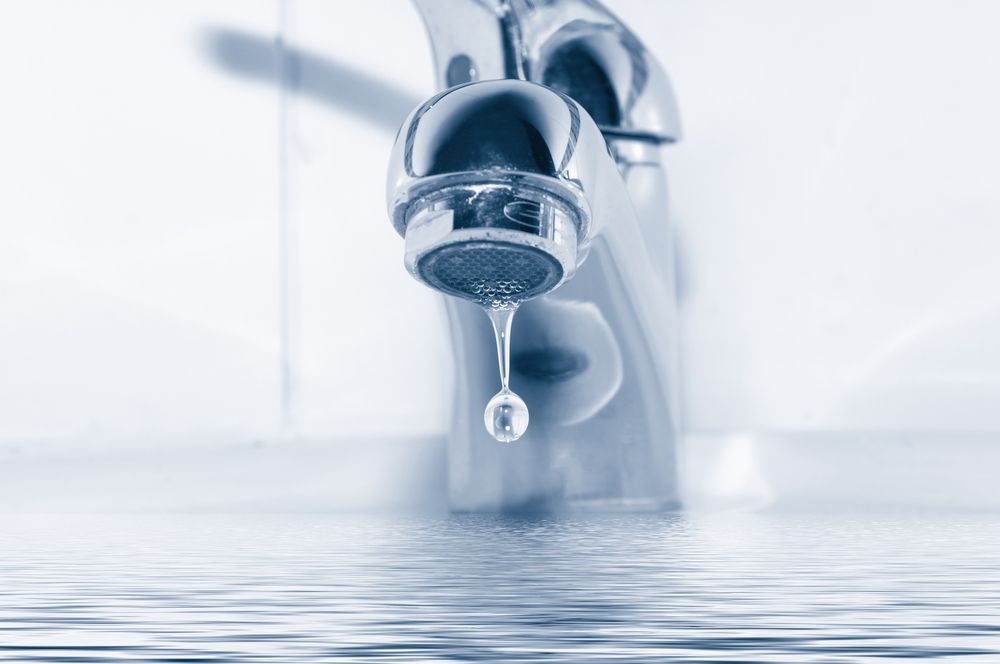Household Bills
How to cut the cost of your water bill

As water bills are predicted to rise by 40% next year, we look at how you can cut the cost of your water bill now.
Bills could rise to £680 a year, from £450, if the price hike goes ahead putting more pressure on households who are already struggling amid the cost-of-living crisis.
It comes as ministers are considering renationalising Thames Water and arranging contingency plans for its collapse amid growing concerns over whether it can service debts of £14bn.
Yet although it’s not possible to switch your water provider, there are lots of things you can do now to cut the cost of your water bill and for some having a water meter installed may bring bills down further.
Here we look at some of the best ways to cut your bills.
Could a water meter save you money?
There are two ways to pay for water bills in England and Wales, paying a set amount which is based on where you live, the size of your home, and your water company, or through a water meter.
If you have a water meter, which is free to request from your provider, you will only pay for the water you use. In Scotland you have to pay to have a water meter installed and in Northern Ireland there are no charges for water usage.
You can find out how much a water meter could potentially save you by using the free calculator on the Consumer Council for Water (CCW)’s website. A water meter won’t save everyone money so it’s important to work out the potential savings before agreeing to having one installed.
You could also call your water provider and ask it to tell you if you could save money by using a water meter. If you have a meter installed but want it removed, you will need to speak to your provider. Some will remove it for free after two years but it depends on the provider.
Are you entitled to a social tariff?
All water providers offer social tariffs to households with low incomes. These are also available to people with large families and households who use a lot of water.
The eligibility criteria depends on the provider but most social tariffs are available to those with incomes of below £17,005 or £21,749 in London or households who have a water bill which is more than 5% of their net income. Discounts of around 50% are available with a social tariff.
Households receiving benefits who have an essential higher use of water can also have their bills capped or reduced through the WaterSure scheme if they have a water meter. The price they pay will be capped at the average cost of homes in the area.
It’s available to households who receive at least one benefit from the following: Housing Benefit, Income-based Jobseeker’s Allowance, Child Tax Credit awarded at a rate higher than the family element, Income-related Employment and Support Allowance, Income Support, Pension Credit, Universal Credit, and Working Tax Credit.
An essential higher use of water is defined as having three children or more under the age of 19 in full-time education or someone in the house who has a medical condition for which they use a lot of water.
Your water provider also has a duty to help you if you can’t pay your bill. You will need to contact it at the earliest opportunity and let it know that you’re struggling. It should then offer you an affordable repayment plan or it could have the option of temporarily stopping payments.
It may also have a hardship fund which could help you with a grant to clear any debt you’ve built up on your account. There’s a full list of organisations that can help on the CCW website.
How to cut down your water usage
By using less water, you will save money on your bills if you have a water meter. Even if you don’t have a water meter, by spending less time in the shower or bath, you could also cut down your energy bills as you’ll be using less hot water.
Replacing worn washers on leaky taps could save enough money to fill a child’s paddling pool every week of the summer, according to the CCW. It also advises looking out for damp patches which could be a sign of an internal pipe leak.
In the kitchen, it’s more cost efficient to use a full load, rather than using a half load setting, on the dishwasher or washing machine and steaming vegetables also takes less time and the water can be reused in the garden afterwards.
In the bathroom, reducing your baths by just a third can save up to £225 yearly on average from water and energy bills, turning off the tap when brushing your teeth could save about £30 a year per person from your water bill while cutting your shower from 10 to five minutes could save £200 off your water and energy bills.
In the garden, you could use leftover water from the house such as bath water or cooking water, or have a water butt installed to collect excess rainwater. Watering your garden in the morning or evening will also help as it’s cooler less liquid will be evaporated at these times of day.
You can also apply for free water-saving gadgets from Save Water Save Money. If you enter your postcode on the website, it will list the freebies available for you which can be sent out.
These can include a shower regulator or specialised shower head to help you use less water, a shower timer, a sink plug or a cistern bag for your toilet.